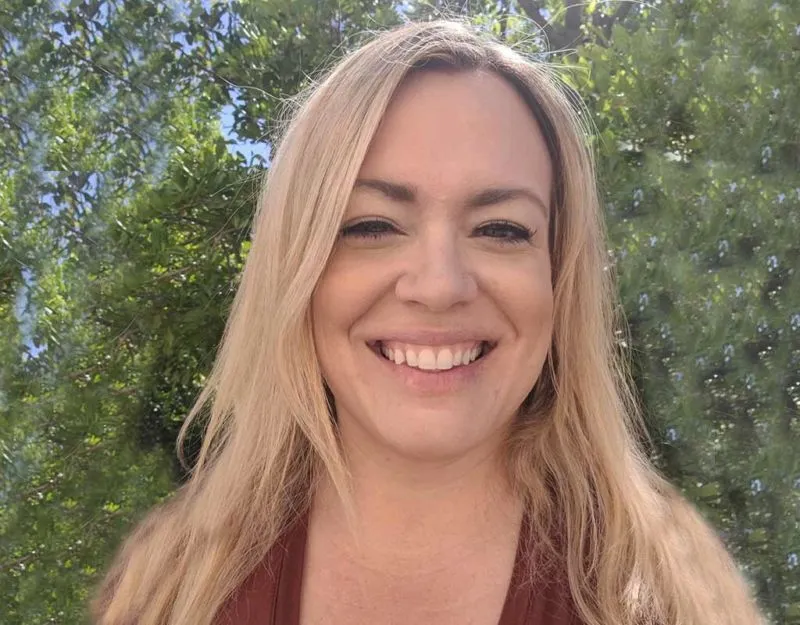
The decision to get clean and sober was not an easy one. In some ways, severing ties with your drug of choice is akin to breaking up with a lover. Even if that lover is not good for you and your relationship is toxic, it is still hard to walk away. Deep-seated past emotional hurts can lay the foundation for coupling up in a dysfunctional romance, as well as finding oneself seriously addicted to a substance that can actually kill you. For this reason, detangling yourself from the grip of a substance addiction is a difficult endeavor that demands a proactive effort if one is to be successful in recovery.
No matter how pumped you are to start life over clean and sober that dreaded “R” word dangles there like low-hanging fruit, Relapse. While it’s true that 50-90% of recovering addicts will likely relapse within a year, that doesn’t have to be your fate. There are numerous actions one can take to anticipate the triggers and emotional baggage that could lead to a relapse, and a relapse prevention group is a great place to start the offensive planning.
What are Relapse Prevention Groups in Treatment?
Relapse Prevention Therapy falls under the umbrella of cognitive behavioral therapy (CBT) that focuses on not only identifying the possible triggers and situations that could trip up your recovery, but also teach new, healthy responses to them through the group exercises. By creating a relapse prevention plan in the early days of recovery—giving voice to the potential culprits that can undermine sobriety and learning techniques to dodge them—the chances of relapse will be dramatically reduced.
In a relapse prevention group a therapist will help each member identify certain thoughts, emotions, and behaviors that you associate with using. Just becoming aware of these triggers that, in the past, were followed by cravings and drug or alcohol use will help the newly recovering individual see them from a sober perspective and make a plan to respond differently to them moving forward.
Making an action plan to implement when the warning signs of impending relapse occur is learned in the relapse prevention group’s warning sign management exercise. Each group member will share their own personal warning signs, and how you plan to manage them. The group assists in helping each other with strategies, and challenge each other with “what if?” types of scenarios to help fellow members create a sound strategy for relapse prevention. All of the techniques taught in the relapse prevention group will help prepare you for life after rehab.
Other Relapse Prevention Tools
Relapses after recovery usually follow a predictable pattern. There is an emotional relapse phase where signs of anxiety and anger along with isolating behavior and skipping meetings can begin the process toward relapse. The mental relapse phase is characterized by fantasizing about using, hanging out with friends who use, lying, and beginning to plan a relapse around people’s schedules. Finally, the physical relapse occurs. It is during the first two phases that an impending relapse can be thwarted.
The acronym BHALT is important to preventing relapse, as it identifies the emotions that may promote relapse. BHALT stands for bored, hungry, angry, lonely, and tired. In relapse prevention group coping techniques are taught to help you pay attention to these emotions and how to cope with them to prevent a relapse.
Other relapse prevention tools are eating a healthy diet, getting quality sleep and establishing regular sleep hours, and getting exercise. In addition, relaxation techniques are taught to help calm the mind and reduce the anxiety associated with the early days of sobriety. Deep breathing techniques, yoga, meditation, journaling, and massage are all excellent relaxation tools.
Ranch Creek Recovery Relapse Prevention Groups in Treatment
Ranch Creek Recovery is a private drug and alcohol rehabilitation program located in the beautiful hills of Temecula, California. Their relapse prevention group is one of the many excellent features offered at this non-12-step recovery facility. With a focus on holistic and experiential healing, the compassionate clinicians at RCR walk the walk with the clients, offering a serene therapeutic approach to addiction recovery. For more information, please call (877) 997-8931 today.

Have Questions? We're here to help.
(877) 997-8931